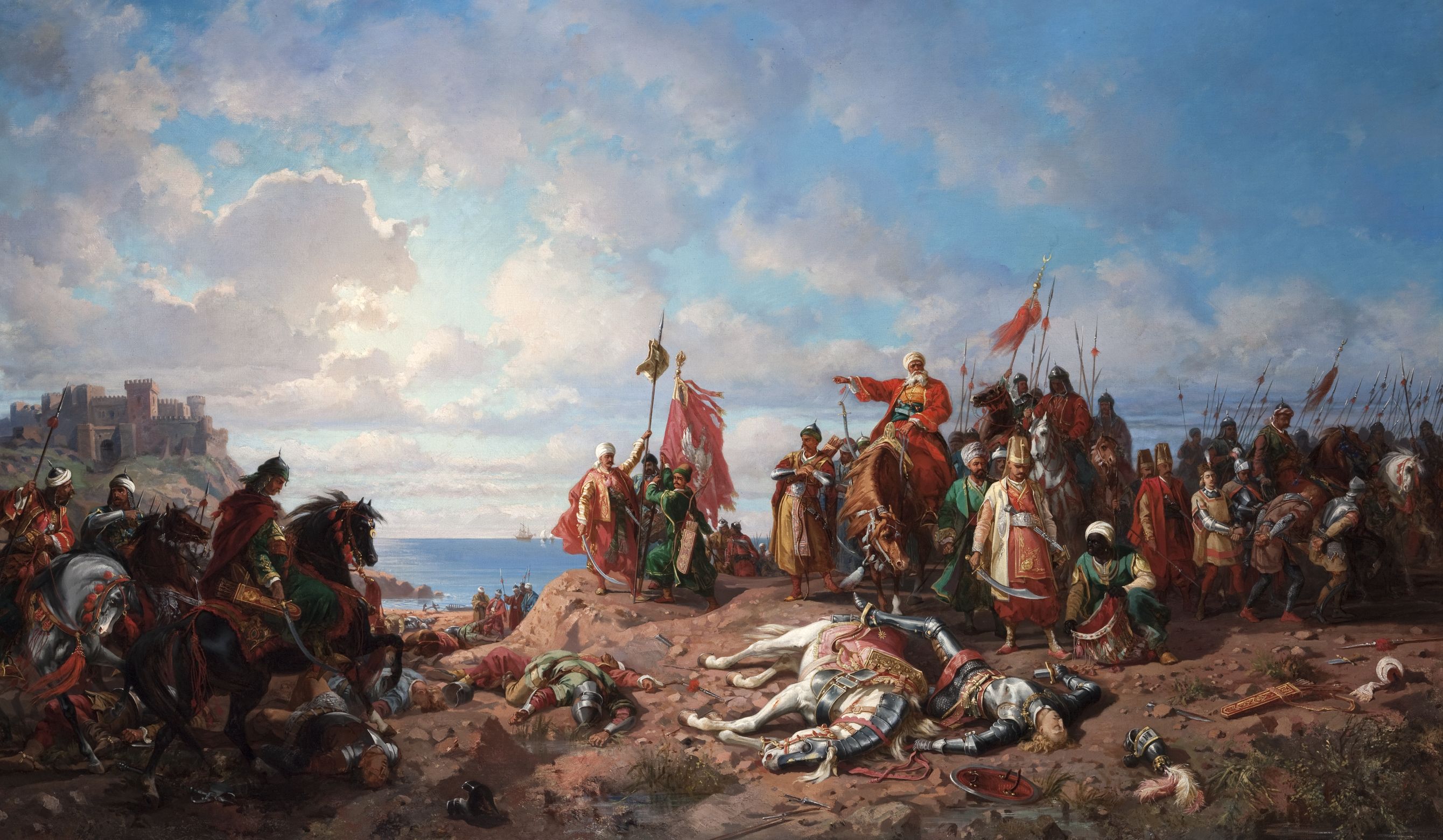Director: Jean Vigo
Cast: Michel Simon, Dita Parlo, Jean Dasté, Gilles Margaritis, Louis Lefebvre, Raphaël Diligent
France, 1934, 89’, black & white; French with Turkish subtitles
Imagine a film directed from a deathbed, with the director dying shortly after the premier. That’s L’Atalante (eponymous with a character from Greek mythology); it is also one of the most important films of the history of cinema with its poeticism, which also inspired Emir Kusturica’s Underground. In order to break free of life’s monotony, Juliette marries Jean, who operates a steamboat. Old Père Jules makes life on the steamboat particularly difficult. Egged on by a peddler, Juliette runs off to discover Paris. Her husband first gets mad at her, then leaves her, and finally ends up in depression. After a while, Père Jules goes after Juliette, finds her, and together they return to the steamboat.
Trailer

Over the years of 1864 through 1876, Stanisław Chlebowski served Sultan Abdülaziz in Istanbul as his court painter. As it was, Abdülaziz disposed of considerable artistic talents of his own, and he actively involved himself in Chlebowski’s creative process, suggesting ideas for compositions –such as ballistic pieces praising the victories of Turkish arms.
Tuesday - Saturday 10:00 - 19:00
Friday 10:00 - 22:00
Sunday 12:00 - 18:00
The museum is closed on Mondays.
On Wednesdays, the students can
visit the museum free of admission.
Full ticket: 300 TL
Discounted: 150 TL
Groups: 200 TL (minimum 10 people)